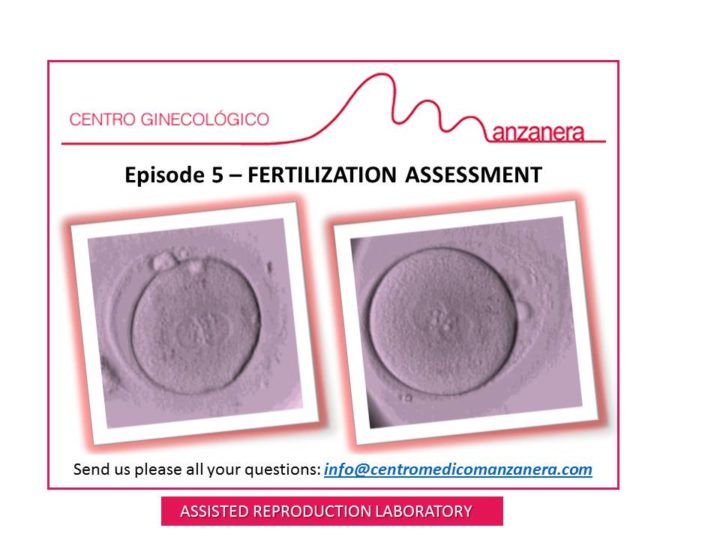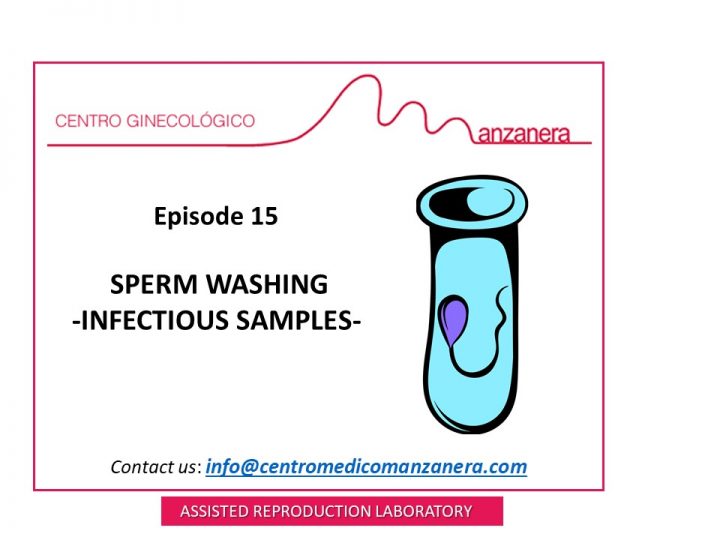
At the same time as In Vitro Fertilization (IVF) and Egg Donation techniques, prenatal diagnostic procedures and techniques have appeared to provide information on the fetal state during the pregnancy.
The prenatal diagnosis of genetic disorders had its origin more than 40 years ago, when fetal cells obtained by amniocentesis began to be cultivated, since only through this technique fetal cells were obtained, that is, puncture and aspiration of amniotic fluid.
Amniocentesis had risks of around 2% of complications such as bleeding or rupture of the amniotic sac, which very frequently lead to abortion.
The main indication for amniocentesis was Prenatal Screening for chromosomal abnormalities (fetal ultrasound markers, and biochemical markers in maternal blood). This screening had a low predictive value, increasing the number of amniocentesis and therefore the number of abortions.
It was in 1969 when fetal genetic material was found in maternal blood, but it was not until 2011, when this genetic material could be performed more regularly in the clinic.
The study of habitual genetic material in maternal blood today is limited to Chromosomes 21, 18, 16, X and Y and some microdeletions too, but each time more genetic studies of this fetal material in maternal blood can be incorporated. Note that the trisomy of chromosome 21 accounts for more than 90% of fetal abnormalities, being the predictive value of this test, almost like amniocentesis.
In addition, it has the advantages that it can be carried out earlier, from the week 10 of pregnancy, and has a much higher predictive value than prenatal screening, with reduced amniocentesis.
It must be pointed out that, although a complete screening of chromosomes cannot be done today, in the near future it could totally replace amniocentesis.
Nowadays, in the field of Assisted Reproduction (IVF / ICSI) multiple preliminary genetic studies are carried out, both on the embryo and on gamete carriers. However, currently, there is no certainty that no abnormality appears in the embryo. For this reason, in cases of embryos from Assisted Reproduction with previous genetic screening, it will always be necessary to carry out the fetal DNA testing in maternal blood.
CONCLUSIONS:
The classic Prenatal Screening evaluating maternal fetal and biochemical echo graphic markers, has a low predictive value, indicating the need for unnecessary amniocentesis, with the consequent increase in abortions.
The determination of fetal DNA in maternal blood has a much greater predictive value than Screening, reducing the number of amniocentesis, and it can also be done at an earlier stage of pregnancy. It is also essential to carry it out even in pregnancies from assisted reproduction with previous genetic studies of the embryo.
Should you have any further questions or if you wish to start a treatment with us, you can contact us by sending an email to info@centromedicomanzanera.com or filling out the contact form on our website: https://www.centromedicomanzanera.com/en/formulario_en/
Dott. Gregorio Manzanera
IMAGE: https://www.eldiariomontanes.es/
#assistedreproduction
#fertilitytreatment
#eggdonation
#IVF
#ICSI
#ivficsi
#artificialinsemination
#manzaneraclinic
#fetalDNAtesting




